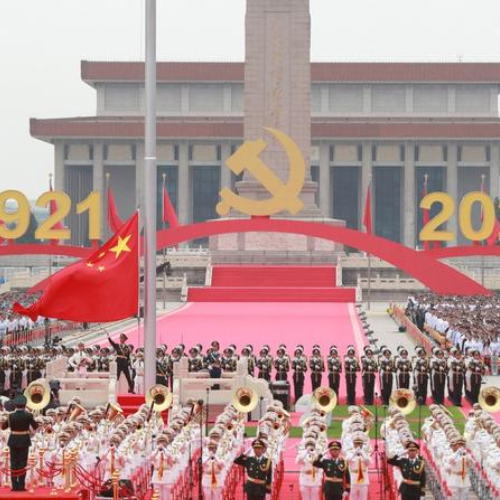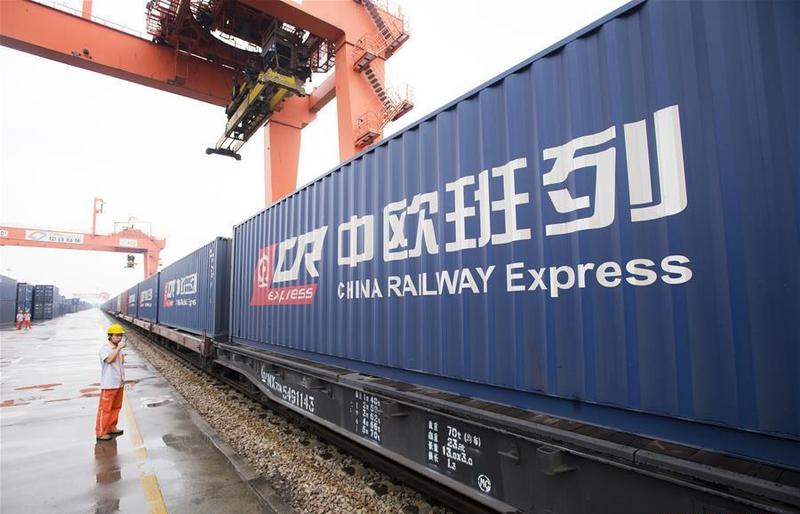Another key existential issue is the war for resources: because China’s population and economy are both so large, it naturally extracts and consumes a huge number of resources locally and globally. It therefore needs to show the world that it is a responsible steward of its resources and will not perpetuate damaging behaviors within its own borders or, more importantly, in other nations as its economy and global relationships expand.
This means using its prudent – yet powerful – policymaking instruments to create and follow through with change. For example, China’s sea fisheries are the largest in the world, and like almost all countries’ fisheries, are only loosely regulated, contributing substantially to the depopulation of fish stock globally and the ecosystem collapse that many experts fear is imminent. The last thing China needs is to be seen as depleting global common goods or encroaching on other nations’ resources in pursuit of more consumption or economic progress.
Fortunately, China is becoming more aware of these issues, and has begun to act internally. Staying on the topic of fisheries, on Jan 1, 2020, China enacted an historic policy: a 10-year commercial fishing ban for China’s largest river, the Yangtze. Putting the wellbeing of the environment and community before commercial interest is no mean feat. China should now find intelligent ways of implementing these visionary guidelines, starting with setting good examples with its own massive deep sea fishing fleets, demonstrating to the world its respect for sustainable resource extraction in the long-term interest of humankind. This should be the central tenet in its interaction with other nations especially the smaller ones.
This leads onto the final point, which is that China can actualize a vision of shared prosperity among many nations through the Belt and Road Initiative. It is the prime opportunity for China to put its money where its mouth is: to demonstrate it interacts with countries in Asia and Africa in a manner befitting of a leader of the post-Western world who practices sustainable development in win-win arrangements with local partners. Otherwise, it leaves itself open to criticism and misunderstanding.
For example, in dialogues of development economics, there exists a concern that China is pushing ahead unconcerned. While many of these concerns may be exaggerated in the media, China needs to demonstrate care, nonetheless.



























